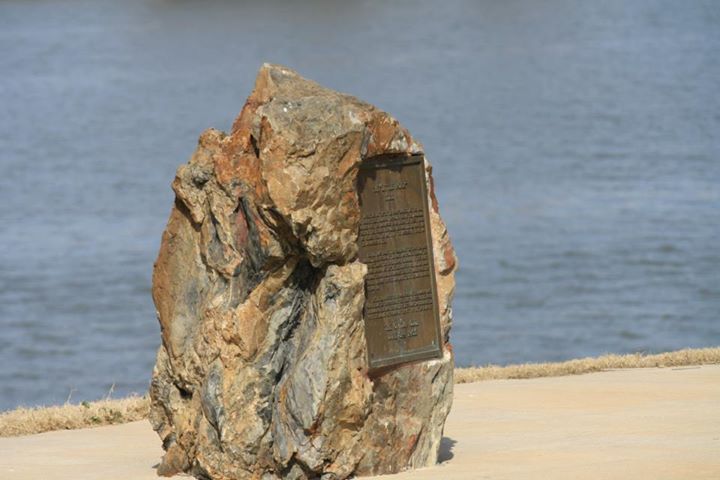Welcome to Little Rock, a pivotal city in the landscape of American history. Founded as the capital of the Arkansas Territory in 1821, Little Rock owes its name to a small rock formation along the Arkansas River, identified by French explorer Jean-Baptiste Bénard de la Harpe in 1722. This ‘Little Rock’ marked a significant landmark for early river travelers transitioning from the Mississippi Delta to the Ouachita Mountains.
Little Rock’s historical significance extends far beyond its founding. The city became a focal point in the American Civil Rights Movement, most notably during the 1957 desegregation crisis at Little Rock Central High School. This event, known as the Little Rock Crisis, followed the landmark 1954 Supreme Court decision in Brown v. Board of Education, which declared segregated schools unconstitutional.
In September 1957, nine African American students, later known as the ‘Little Rock Nine,’ faced intense opposition as they attempted to integrate Central High School. Their courageous stand against segregationist forces, including the Arkansas National Guard deployed by Governor Orval Faubus, drew national and international attention. It was only after President Dwight Eisenhower intervened, ordering federal troops to escort and protect the students, that they could safely attend classes. This crisis underscored the federal government’s commitment to enforcing civil rights and was a significant step towards desegregation across the United States.
Over the years, Little Rock has evolved into a vibrant cultural and economic hub. It hosts the Arkansas Museum of Fine Arts, the Clinton Presidential Center, and the historic Quapaw Quarter. The city’s diverse industries include healthcare, banking, and transportation, contributing to its role as a central node in Arkansas and the broader American South.
Notable figures associated with Little Rock include Daisy Bates, a prominent civil rights advocate who played a crucial role in supporting the Little Rock Nine. Her efforts, along with those of the students, left an indelible mark on the fight for racial equality in America.
Today, Little Rock continues to celebrate its rich history while looking towards the future, embodying the resilience and progress that characterize the American spirit.




